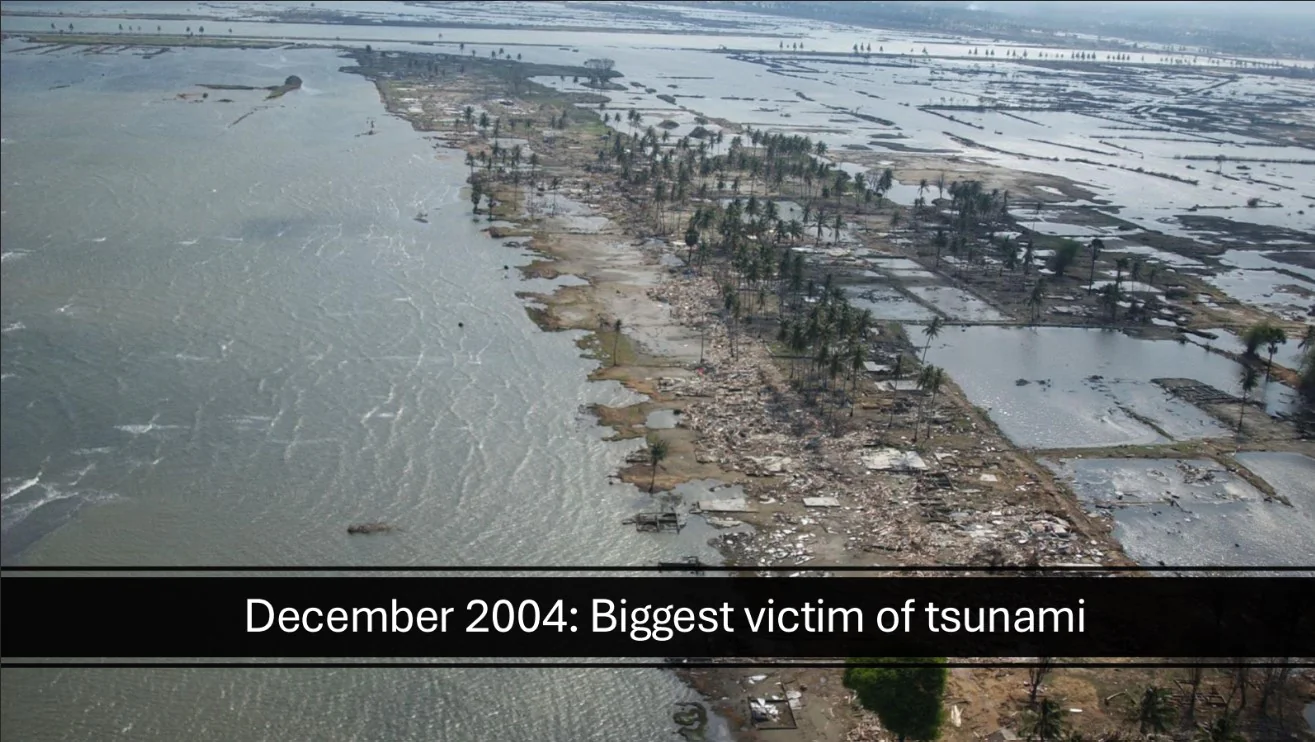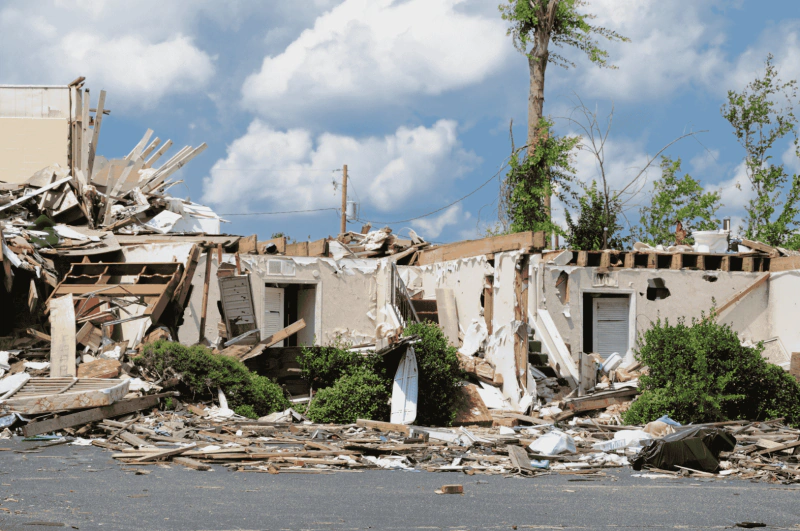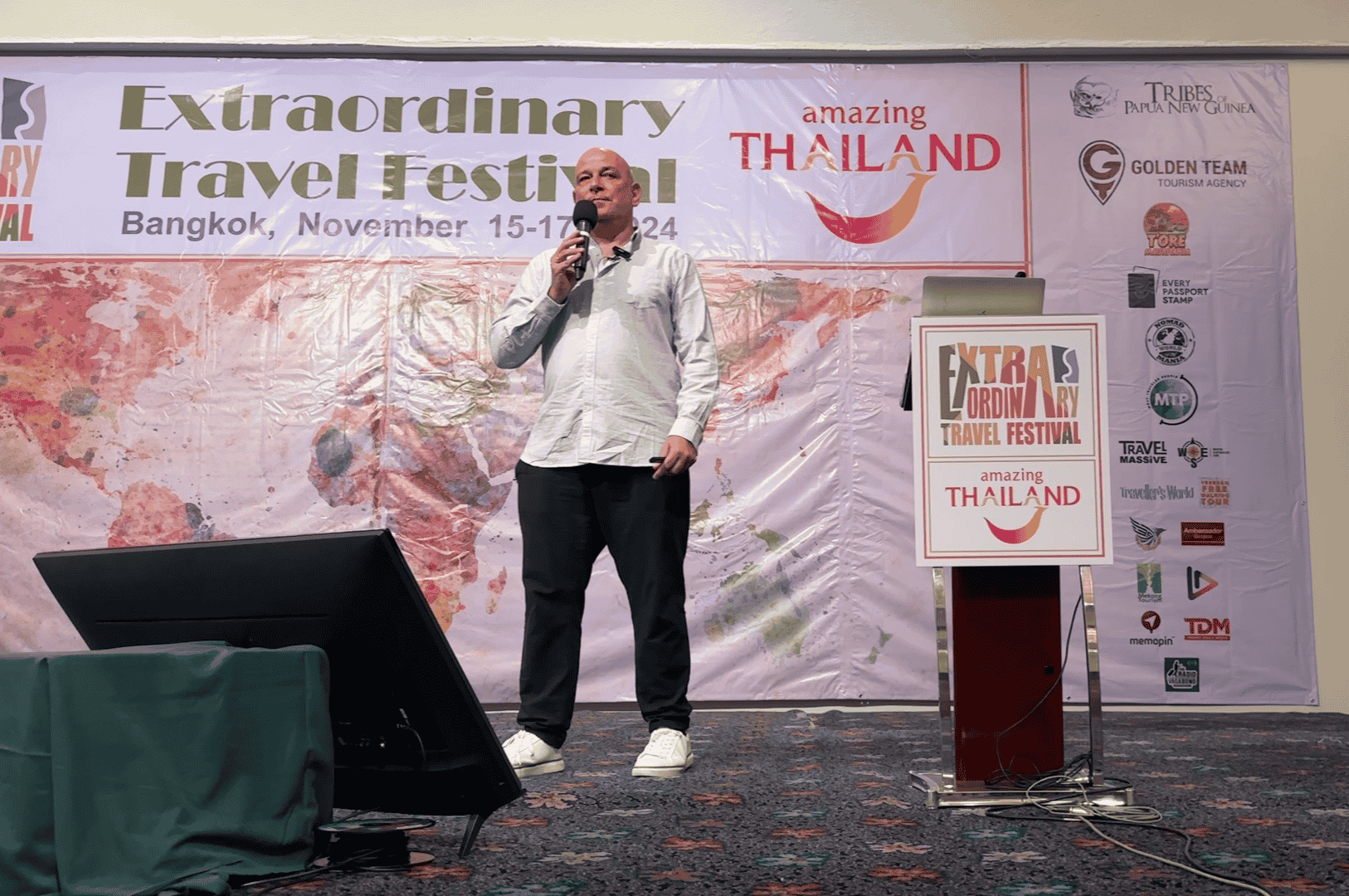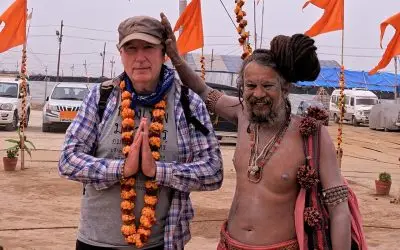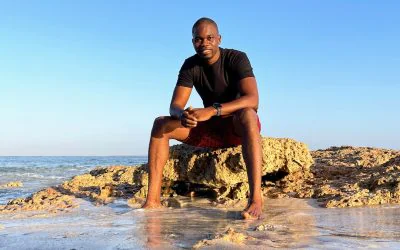At the recent Extraordinary Travel Festival (ETF) in Bangkok, avid traveller and NomadMania founder Harry Mitsidis captivated the audience with his thought-provoking presentation on dark tourism. Delving into destinations that tell the stories of history’s darker chapters, Harry explored the ethical dilemmas faced by travellers who visit these sites.
Here is a full video of his meaningful talk.
Harry invited the audience to explore the ethics of visiting places tied to tragedy, death, and suffering. Framing the discussion, Harry emphasized that while travel brings joy and freedom, it also presents a stark contrast to the bleak realities of the world.
Defining Dark Tourism
Harry outlined dark tourism as visiting locations associated with human tragedy, suffering, or death. Examples range from the ruins of nuclear disaster zones like Fukushima to sites connected with infamous figures such as Jeffrey Dahmer. However, Harry emphasized that not all sites of death qualify as dark tourism unless they evoke profound emotions tied to tragedy.
Examples of Dark Tourism
1) Banda Aceh, Indonesia
Banda Aceh, devastated by the 2004 Indian Ocean tsunami, holds a deep history of loss and resilience. Harry recounted his visit, where locals shared powerful stories of survival and rebuilding especially on the Apung ship which was swept inland for more than 2 kilometres. He highlighted that visiting such sites honours the victims and keeps their stories of perseverance alive.
2) Bunce Island, Sierra Leone
Located near Freetown, this tentative UNESCO World Heritage Site served as a central hub for the transatlantic slave trade. Harry recounted his visit, sharing harrowing tales from his local guide, Andrew, who painted a grim picture of the suffering endured by enslaved people. Harry argued that visiting sites like Bunce Island pays respect to those who endured unimaginable horrors and ensures their stories are not forgotten.
3) Jasenovac Concentration Camp, Croatia
A lesser-known World War II site, Jasenovac stands out as the only concentration camp not directly run by the Nazis. Operated by the Croatian fascist regime, it saw the deaths of approximately 85,000 people, including Serbs, Jews, Roma, and dissenters. Harry noted that the site remains difficult to locate, reflecting Croatia’s reluctance to confront this dark chapter of its history.
4) Beslan, North Ossetia
In what is the worst school shooting in history, more than 330 people, including 186 children, lost their lives following the occupation of the school in Beslan, a 3-day siege and the subsequent shoot-out and fire. The site itself and the nearby cemetery are haunting reminders that many dark sites and the suffering around them are the result of human actions. Harry noted that in all his travels, visiting this memorial was one of his most haunting experiences.
Navigating the Ethics of Dark Tourism and Conflict Zones
Harry emphasized the need to question our motives when visiting dark tourism sites – are we driven by genuine curiosity or just seeking a spectacle? He highlighted the importance of approaching these sites with awareness, respecting local cultures, and reflecting on our intentions. These considerations also extend to active conflict zones like Gaza, Sudan, or Ukraine, where travellers must assess whether their presence amplifies the voices of those affected or risks being exploitative.
Ultimately, Harry believes our actions as travellers carry significant responsibility.
Understanding Through Responsibility
For Harry, the essence of travel is understanding – of history, humanity, and ourselves. But with that understanding comes a responsibility to act ethically. He described the concept of the “worthy traveller” as someone who seeks not just to explore the world but to contribute positively to it.
“To be a worthy traveler is not just about counting countries; it’s about seeking self-knowledge, acting responsibly, and sometimes recognizing that the most respectful choice is not to go at all“ – Harry Mitsidis
Knowing When Not to Go
Perhaps the hardest decision, Harry suggested, is recognizing when not to visit a place. He believes that absence can sometimes show more respect than presence. By choosing not to go, travellers allow space for reflection and ensure they are honouring the gravity of certain situations.
The Voting Experiment
Harry engaged the audience with a live poll, asking whether travellers should feel a moral obligation to visit certain sites if they are already in the region. The results of the vote were to be revealed in the conference’s concluding session, sparking deeper reflection on the ethics of travel. Harry also highlighted 9 countries where he challenged the audience to vote on whether they believe they would or wouldn’t go based on the current situation.
What was the result of the vote? That doesn’t matter necessarily – what matters more is what you think!
Final Thoughts
Harry left attendees with a challenging perspective: while dark tourism is deeply personal, it also carries broader implications for remembering history, respecting victims, and educating future generations. Whether to visit such sites remains a personal choice — one that speaks volumes about the traveller’s values and responsibilities.
This session served as a poignant reminder that travel is not only about joy and exploration but also about engaging with the complex and often uncomfortable truths of humanity’s past and present.

